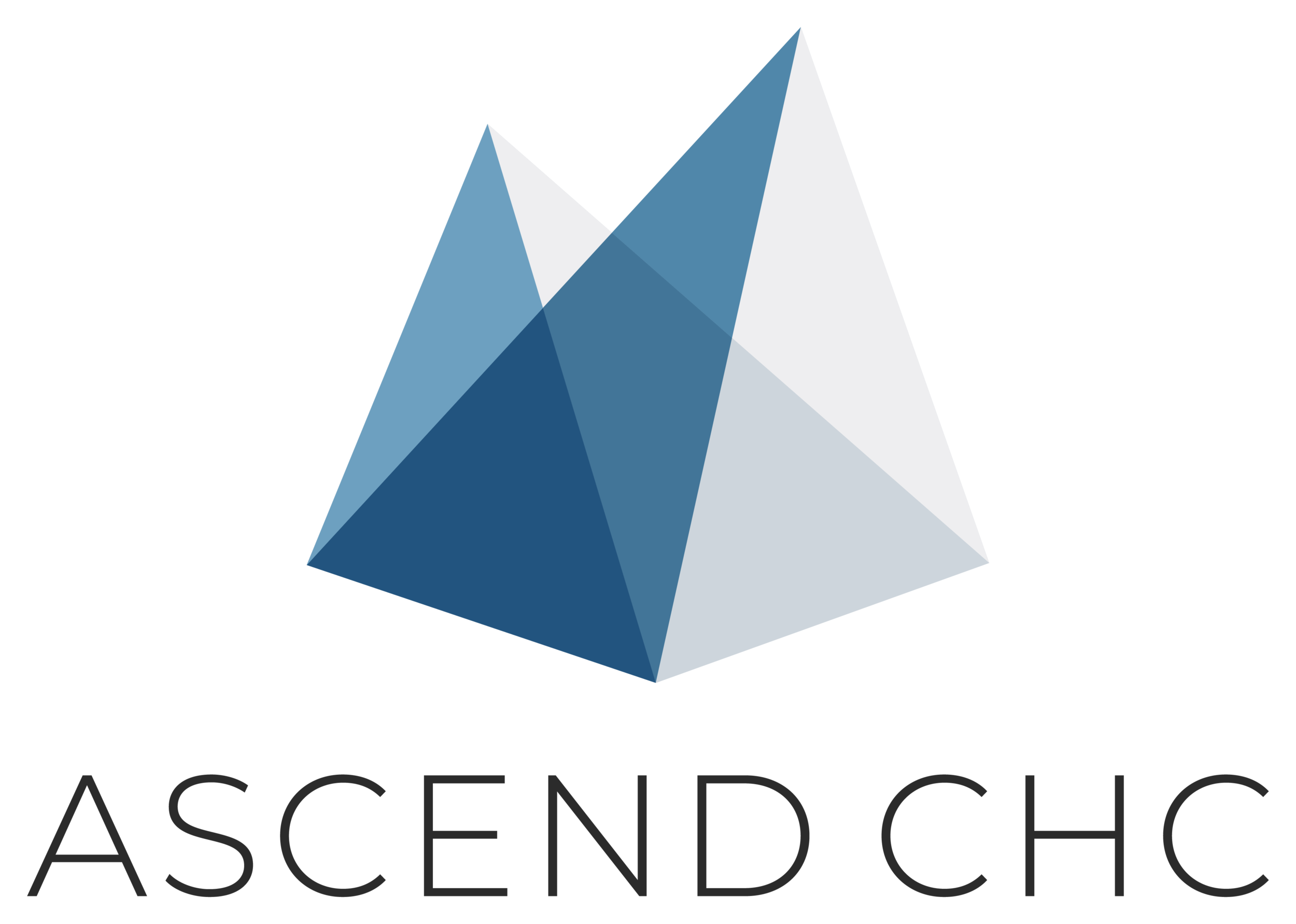Naomi Osaka, renown tennis champion, was fined $15,000 for refusing to participate in a press conference at this week’s French Open in Paris. Osaka maintains that the required rules for participating in press conferences are outdated. Public response argues for protecting athletes who have mental health vulnerabilities.
National governing bodies and sport organizations are urged to draft policies and practices that preserve the well-being of “all” athletes. Athletes should not be used as marketing tools or “products”. They are people first.
Licensed and credentialed professionals (CMPC) are available with expertise in this arena and can advise.
Why might athletes be particularly challenged by mandates to speak with the press?
1) No formal training in tactics or strategies for managing the press.
2) Social anxiety.
3) Uncertainty of what will be asked.
4) Fear of disappointing others.
5) Pressure to look good and say the right thing.
6) Fear of saying the wrong thing, looking insufficient or weak.
7) Post competition low energy to tolerate more challenge.
8) Little control of what will be asked or what the reaction will be.
9) History of feeling responsible for success.
10) Financial pressure.
11) Feeling forced.
12) Sense of being objectified, used, or treated as a “marketing tool”.
And what can be done?
1) Provide formal training for navigating the press interviews.
2) Allow the option of stepping away before or during a press conference?
3) Permit refusal to respond.
4) Permit opting out of press meetings.
5) Provide questions in advance?
6) Allow responses to inquiries to be submitted in writing or recorded in a protected setting?
7) Determine what questions will be considered off limits or forbidden?
8) Draft rules for controlling the nature of any follow-up questions?
9) Give some control and/or power back to the athlete.
10) Protect the mental health for all athletes.
After a competition, they are tired. They just played in the sun and heat for days. Shut up. They just did their job. Let them go drink water and hang with their friends and family.
Source: WSJ
